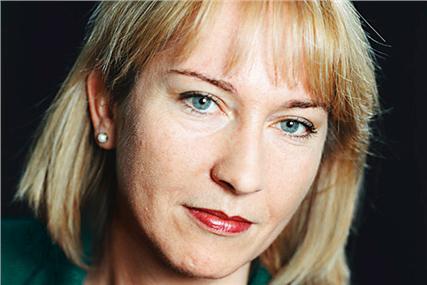Well, what a grand and neat theory. I was reminded of it as I learned about a new campaign from Moneysupermarket.com, aimed at seeing off its price-comparison rivals.
In many sectors, we can't get enough choice. For some, it might be shoes or cufflinks. For others, it's gadgets or handbags.
However - and books and research have been published on the subject - too much choice can be paralysing. In my local supermarket, for example, there are a dozen brands of oats. Do I need so many options when it comes to such a basic and, frankly, boring foodstuff?
Here's where another theory comes in - that of the 'natural monopoly'. It is heresy to unreconstructed Thatcherites, but after decades of economic experimentation, people are coming round to the idea that the mantra of choice is not the only answer.
Duopoly is not such a dirty word. When all that concerns us is a simple transaction for a simple service, how many suppliers do we need? One, and a back-up to keep it in line.
It is not saying so, but Moneysupermarket.com may be operating in just such a sector. Already there is clear blue water between the site and its nearest rivals, according to Nielsen.
Now, with its ad campaign through Mother, it is hoping to put a killer distance between itself, the meerkat and the opera singer.
Directory service 118 118 realised it had to out-spend and outsmart its competitors, and quickly, as how many such services did we really want?
This is the crucial question for Moneysupermarket.com, Geoff and his gorilla friends.
Noelle.McElhatton@haymarket.com


